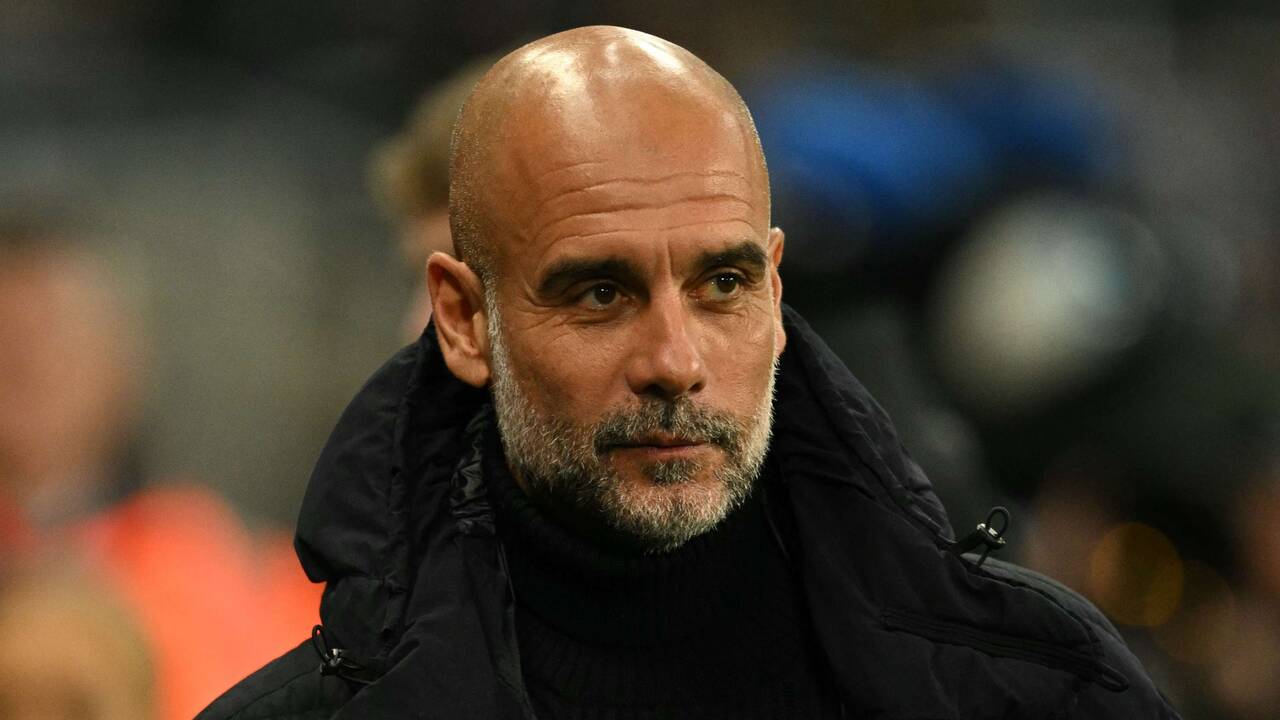Zongo’s displays in Qatar captured attention across Europe, especially his decisive strike in the 1-0 victory over Germany and multiple man-of-the-match honours. Clubs are now evaluating potential development pathways and financial proposals, but his current academy has not yet committed to any agreement. All options remain open as interest grows, with both Manchester clubs determined not to miss out on a rare profile in the age group.
With no deal close and the player still developing domestically, the race has entered an early scouting and negotiation phase rather than a formal bidding stage. The teenager is permitted to continue at the academy while clubs prepare long-term plans for his progression into European football. For now, the situation remains fluid, with both clubs confident they can present the most attractive project for the prodigy’s next step.
Zongo’s emergence comes at a time when both Manchester clubs are aggressively expanding their youth recruitment networks. Manchester City, who have built a reputation for signing elite young talent worldwide, view Zongo as another high-upside midfielder who could either break into their first team or generate long-term value within their City Football Group model. His combination of creativity, drive and defensive intelligence aligns with their emphasis on multi-functional, technically strong academy players.
United, meanwhile, are undergoing a structural rebuild under INEOS and see youth recruitment as central to restoring the club’s identity. The success of recent prospects and the signing of former U17 World Cup star Sekou Kone highlight the club’s commitment to securing elite young profiles before their value skyrockets. Zongo’s positional versatility as a No. 10, box-to-box midfielder or wide playmaker fits well within Ruben Amorim’s long-term system, which values intelligence, mobility and ball-carrying ability.
The rivalry between the two clubs adds a competitive edge, with both understanding the symbolic and sporting significance of winning battles at the academy level. Losing a talent like Zongo to their city rivals would be viewed as a major missed opportunity, particularly given his growing reputation as a “next-gen Yaya Toure” based on his physical maturity and all-round influence. As a result, both clubs are preparing stronger cases in the expectation that negotiations will intensify in the months ahead.
Zongo became one of the defining figures of the U17 World Cup, demonstrating a blend of technical quality and tactical maturity that far exceeded his age. His direct running, incisive passing and ability to dictate games allowed Burkina Faso to reach the quarter-finals, where he came close to scoring twice against Italy. His return of two goals and three assists established him as one of the most productive midfielders of the tournament.
His development at the Tenakourou Academy has been tracked closely by scouts, who have highlighted his comfort in multiple roles across midfield. He has been praised for his game awareness, work rate and ability to take responsibility in high-pressure knockout matches, which is rare for a player at just 15.

Manchester City and Manchester United are expected to continue discussions with the Tenakourou Academy in the coming weeks as they refine their proposals. Both clubs will present detailed development plans, outlining how Zongo would be integrated, whether through academy progression, loan pathways or targeted mentorship. With no agreement yet in place, the next stage will revolve around establishing which environment best suits his long-term growth.
Tenakourou Academy are in no rush to finalise a decision and intend to evaluate every option before committing to a transfer plan. Their priority is securing the right project for the player's development rather than the fastest or most financially appealing deal. European interest from Villarreal and Anderlecht also ensures the Manchester clubs cannot afford to hesitate.